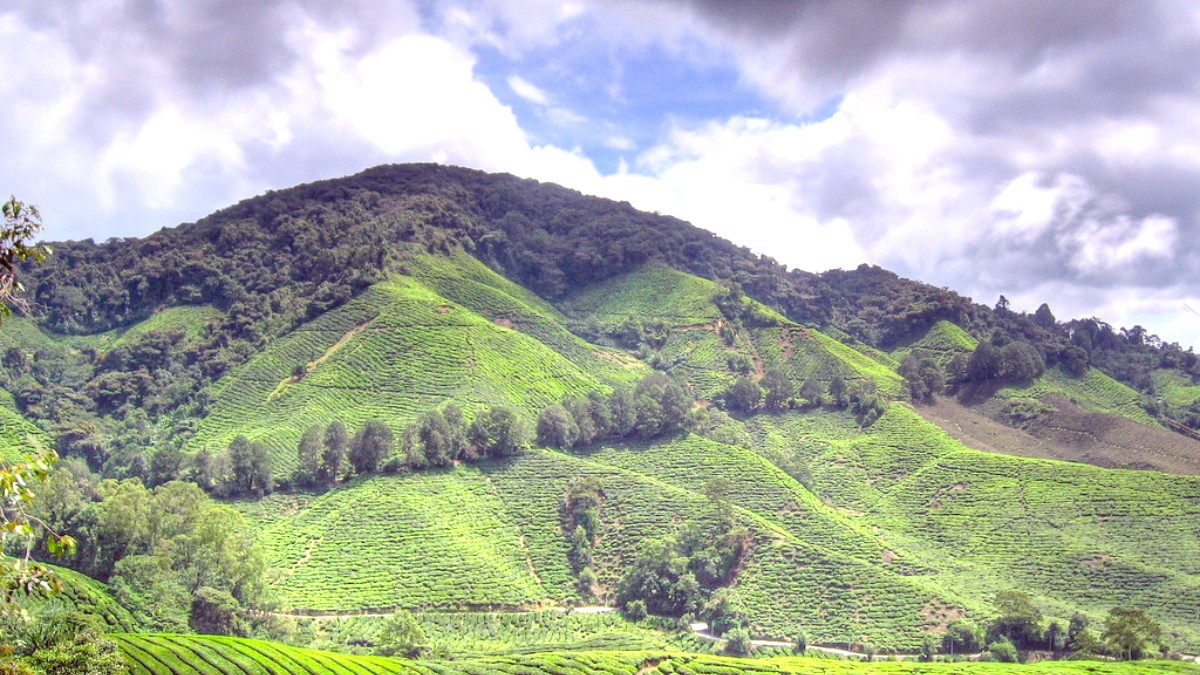
Peninsular Malaysia West Coast, Malaysia
The Mossy Forest is a protected area. Initiatives combat illegal farming, deforestation, and land degradation, protecting the region's water sources and unique biodiversity.
Waste management infrastructure experiences strain during peak seasons. Practice "leave no trace" principles. Minimize plastic by using reusable items like a Reusable water bottle. Dispose of waste properly. Recycling facilities are limited.
The highlands serve as a water catchment area for Peninsular Malaysia. Be mindful of your water usage, especially during dry spells, to support this important resource.
Your travel decisions shape the future of this unique destination.
Consider offsetting the carbon emissions from your flights through reputable carbon offset programs.
Support accommodations and tour operators that actively promote sustainable practices and responsible tourism.
Choose tour operators committed to ethical practices, ensuring fair treatment of local communities and minimal environmental disruption.
Opt for travel gear and everyday products from companies dedicated to sustainable manufacturing and minimal waste.
Support organizations dedicated to preserving rainforests and their unique ecosystems.
Support The Rainforest SitePrioritize purchasing products directly from local farmers and businesses.
Your choices directly influence the preservation of Cameron Highlands' natural beauty and cultural integrity. Travel mindfully.
Your spending choices can empower local communities.
Choose tours or accommodations that directly benefit local communities, including the Orang Asli. Look for operators who partner with or employ local residents.
Prioritize purchasing products directly from local farmers, small businesses, or co-operatives at markets. This ensures your money directly supports the local economy.
Your choices as a traveler can have a direct positive ripple effect on the local economy and environment.
If compelled to donate, do so through established and reputable local non-governmental organizations (NGOs) or community development projects.
Fresh fruits, vegetables, and tea from local farms.
Hand-made souvenirs and unique local products.
Local guides, drivers, and restaurant staff.
Be aware of potentially harmful practices disguised as tourism; always verify the ethical stance of operators and attractions before engaging.